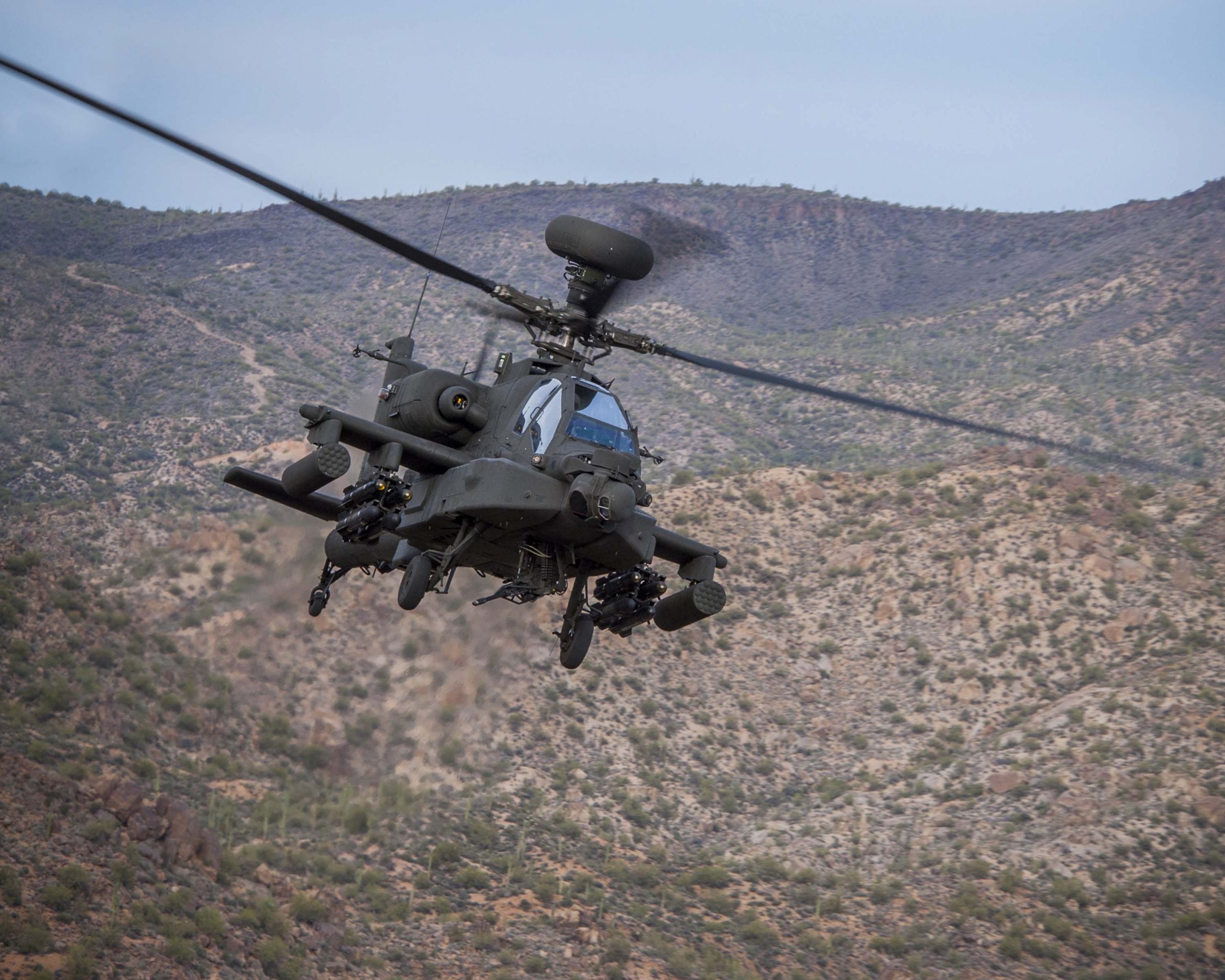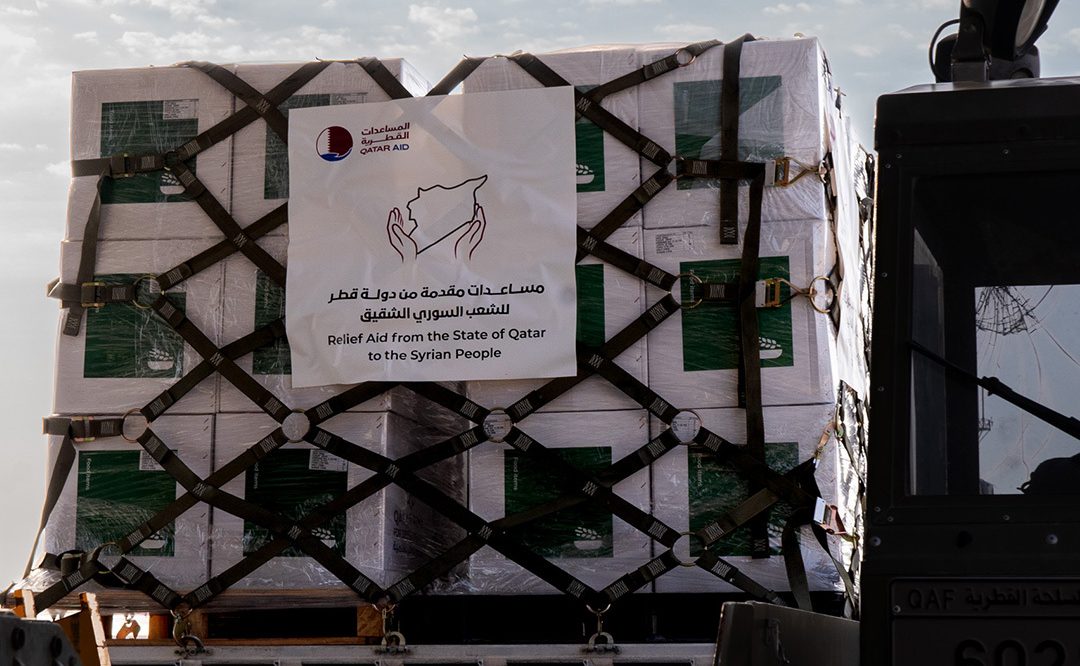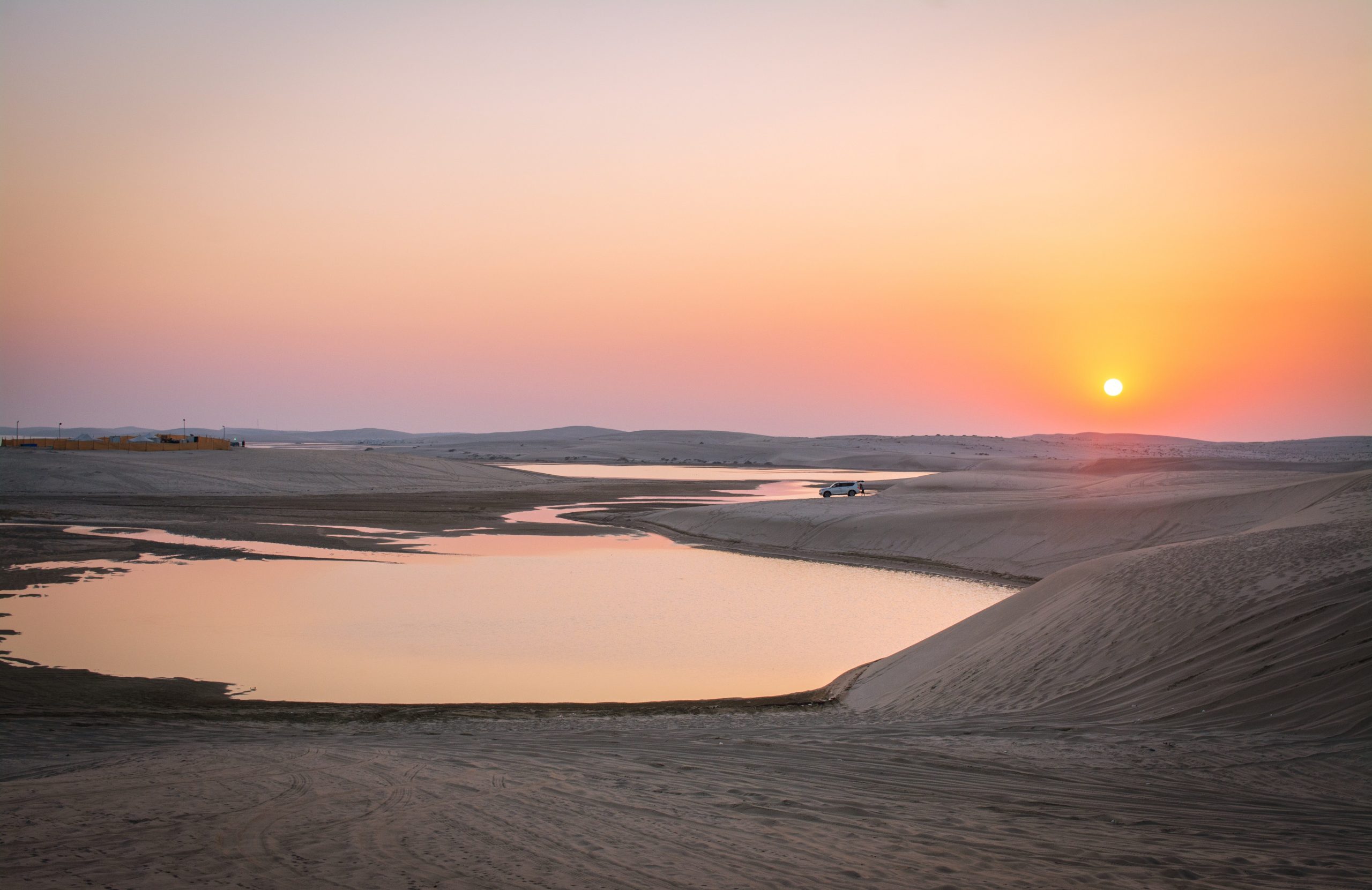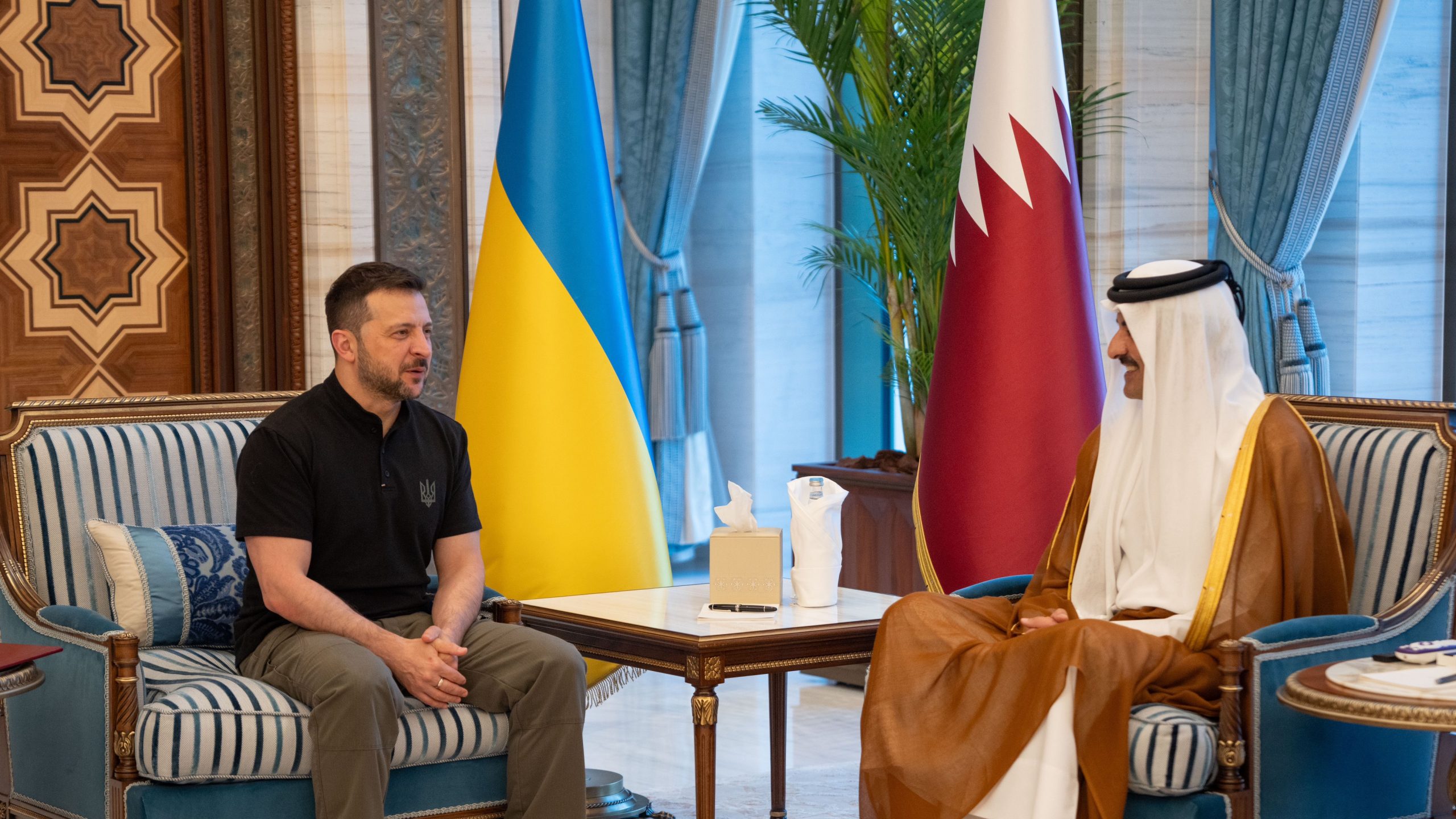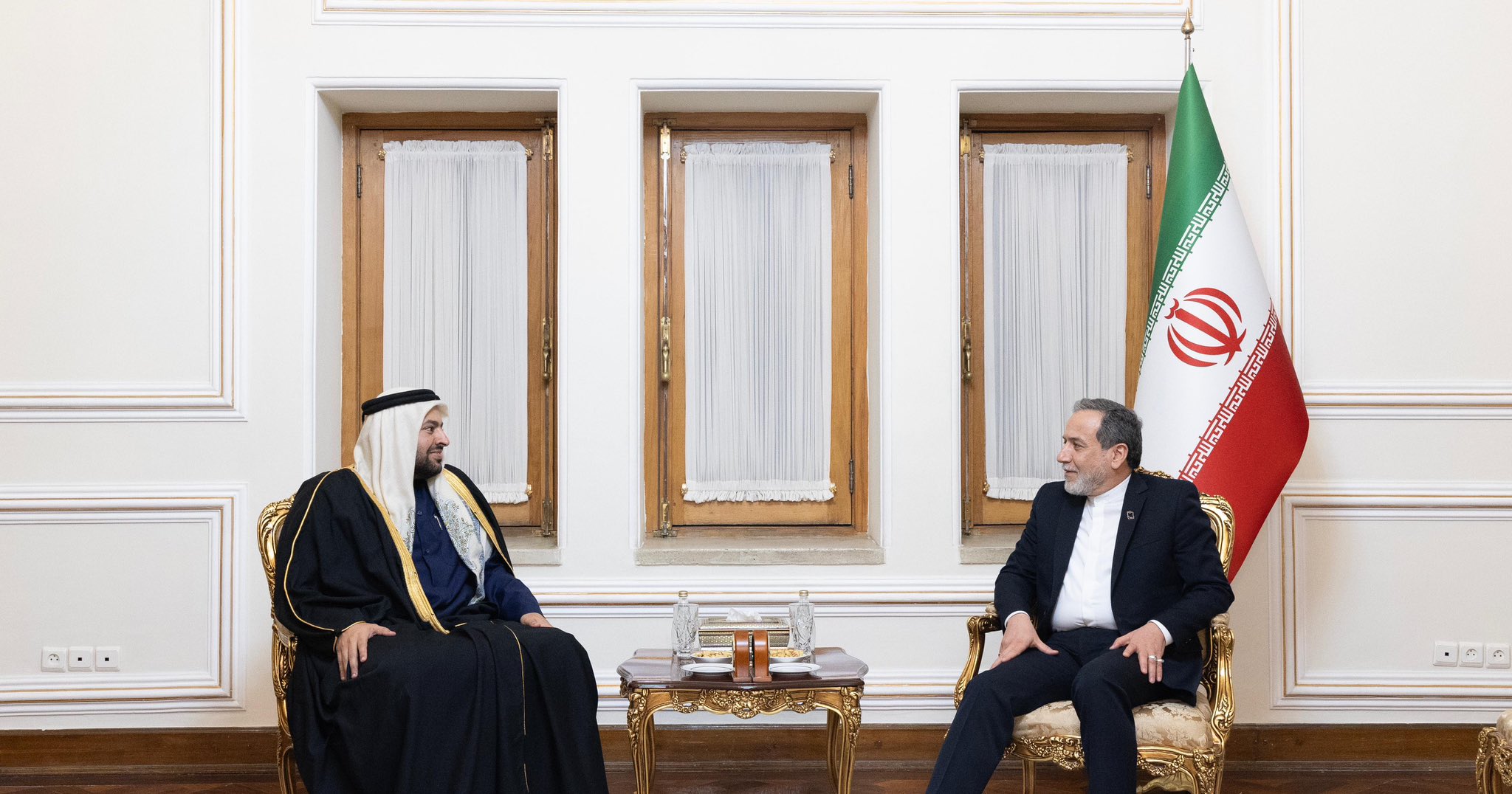
Qatar is moving ahead with another major military purchase, despite cutting government spending in other areas.
The US Department of Defense said yesterday that the Gulf state had signed a contract worth US$677.5 million (QR2.43 billion) for two dozen AH-64E Apache attack helicopters.
Qatar first announced its intention to buy the aircraft in 2012.
The contract disclosed this week also includes a crew trainer, ground support equipment and Thales radio sets, the US government said, adding that work is expected to be completed by May 31, 2020.
Manufactured by Boeing, the Apache can travel at up to 279 km/hour. It’s typically equipped with a combination of laser-guided missiles, 70mm rockets, and a 30mm automatic cannon with up to 1,200 high-explosive, dual-purpose ammunition rounds, according to the US aerospace firm.
Within the region, Boeing said the Apache is also used by Kuwait, Saudi Arabia and the UAE – countries that Qatar has recently conducted joint military operations alongside.
Arms buildup
Qatar’s spending on military equipment has soared in recent years as the Gulf state adds more missiles, aircraft and ships to its arsenal.

While the government has cut funding to various public entities such as Qatar Museums, Katara and Al Jazeera, one report last year projected defense spending would rise by an average of 12 percent annually through to 2020, while another predicted that military purchases would remain at “elevated levels” in the short-term.
With much of the country’s wealth tied to its offshore energy reserves, some defense industry experts argue Qatar needs a strong military to deter any threats to its oil and gas fields and ensure it can ship its resources to various export markets.
Others have suggested that extensive military might is a way for Qatar to wield more influence in the region and beyond.
In recent years, Qatar has sent fighter jets to patrol the skies above Syria while musing about sending ground troops into the war-torn country.
It has also sent hundreds of soldiers into Yemen as part of a Saudi-led coalition.
The neighboring Gulf state has spearheaded several efforts with its allies to project its power in recent months, such as establishing a new “Islamic and military” anti-terrorism coalition and hosting one of the region’s largest-ever military exercises.

There are signs that Qatar may continue to add to its arsenal in the coming years as both US and UK officials have indicated that they’re optimistic that they’ll be able to sell the Gulf state new fighter jets.
Thoughts?

